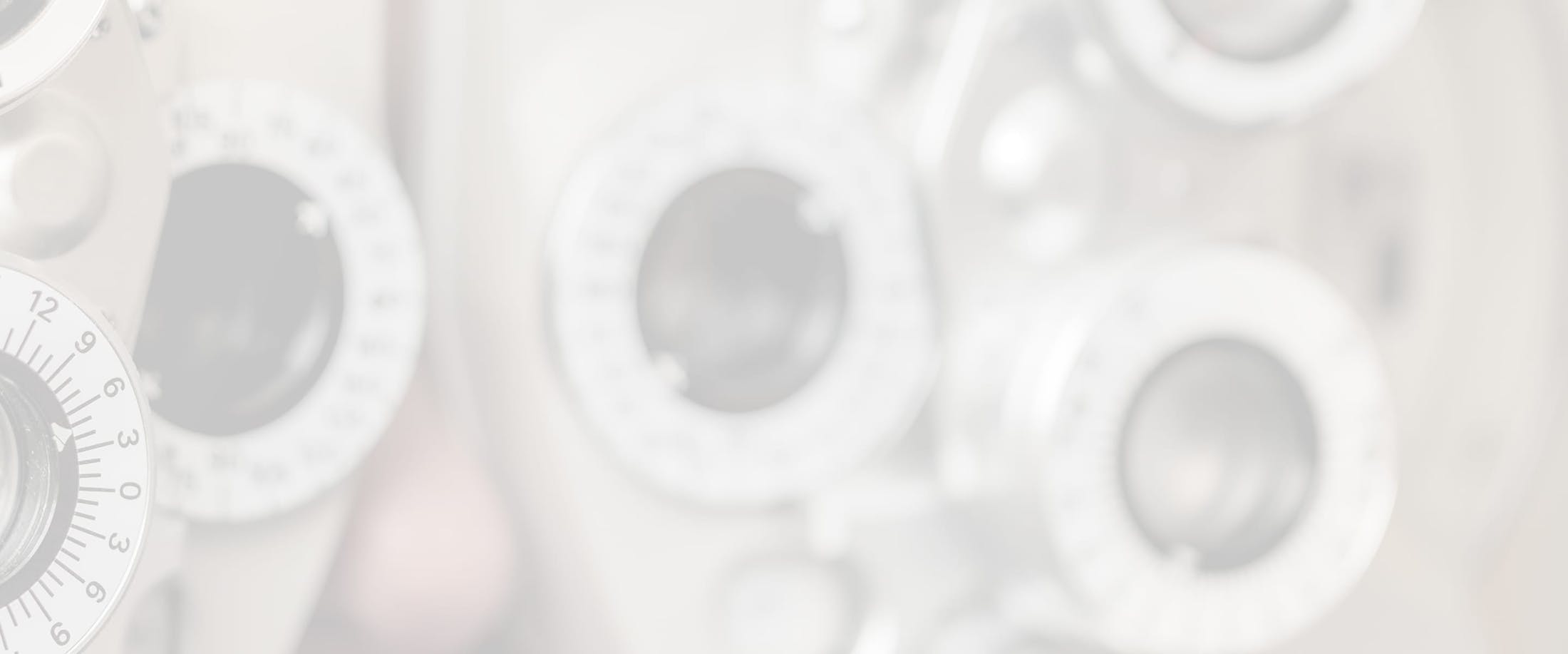Undergoing cataract surgery can be a journey filled with anticipation and questions, particularly about the recovery process.
After cataract surgery, your eyes are more sensitive to light. This is because the procedure involves removing the cloudy lens (the cataract) and replacing it with a clear, artificial lens (intraocular lens or IOL). This new lens, while restoring clarity to your vision, can initially make your eyes more sensitive to bright light. Also, during cataract surgery, your eyes are dilated with very strong dilating eye drops, so your pupils are letting extra light in.
The purpose of wearing sunglasses post-surgery aids in the healing process and provides comfort from the bright sunlight. The primary goal of cataract surgery is to remove the cloudy lens (the cataract) and replace it with an artificial lens implant, known as an intraocular lens (IOL). This restores clear vision by allowing light to pass through to the retina without the hindrance of the clouded lens.
At Chu Vision Institute, this procedure is not just about correcting a visual defect; it’s a step towards enhancing overall quality of life through improved vision. Board-certified ophthalmologist Dr. Ralph Chu is a fellowship-trained corneal specialist and a nationally recognized leader in refractive and cataract procedures. His specialty areas include cataract, LASIK, cornea, and minimally invasive glaucoma surgeries for patients in the Minneapolis, St. Paul, and Twin Cities areas.




